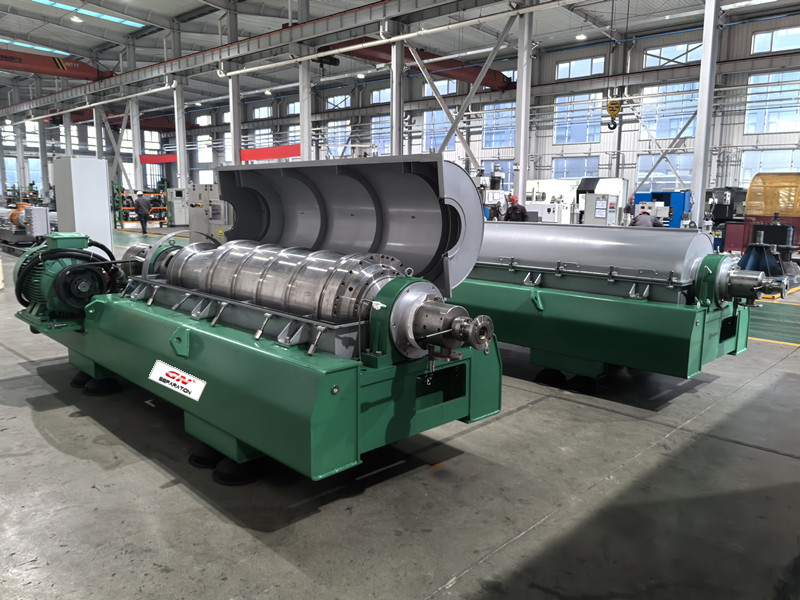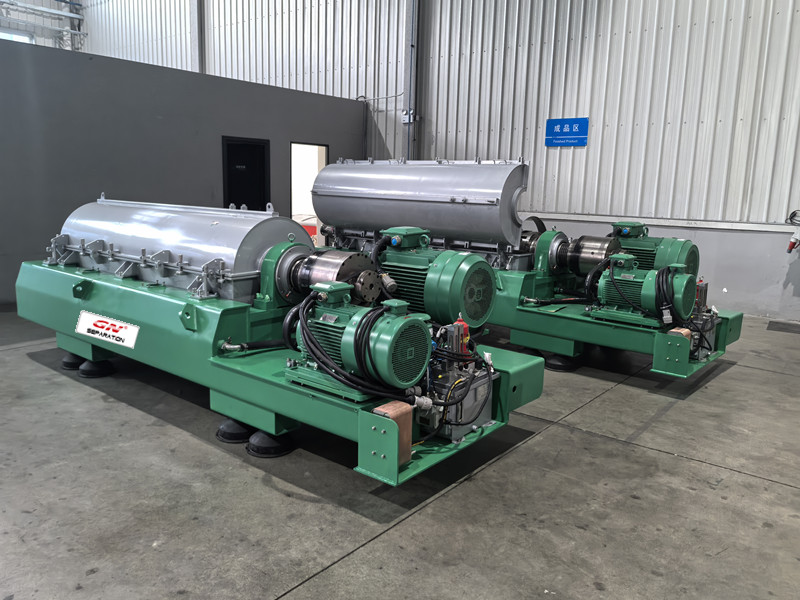The decanter centrifuge, a type of mechanical separation equipment, has a long history of application dating back to the early 18th century. Initially used in chemical production, it has since found wide adoption across various sectors including pharmaceuticals, metallurgy, dyes, food processing, brewing, ceramics, and environmental protection. Today, despite its long-standing use, much of the industry still relies on intermittent operation modes. However, as industrial equipment technology continues to evolve, end-users are placing increasingly high demands on equipment performance, automation, and sustainability — and the decanter centrifuge industry is no exception.
Key Challenges Restricting Industry Growth
1. Lagging Technological Innovation
One of the most critical factors constraining the growth of the decanter centrifuge industry is insufficient investment in research and development. Many manufacturers lack dedicated R&D centers and depend largely on assembling existing technologies rather than developing proprietary innovations. This leads to a homogenized market where technological breakthroughs are rare, and competitive advantages are minimal.
2. Poor Protection of Intellectual Property
Even when new technologies are introduced, the absence of robust intellectual property protection often results in rapid imitation across the industry. Once a new innovation is made public, it is quickly adopted by competitors, reducing the incentive for original development. This stifles creativity and discourages companies from pursuing long-term innovation strategies.
3. Energy Efficiency and Environmental Requirements
As global emphasis on environmental sustainability increases, decanter centrifuges — as industrial equipment — face growing pressure to meet stricter energy efficiency and environmental performance standards. If manufacturers fail to control energy consumption or reduce noise levels, their products may struggle to meet future regulatory thresholds. In this context, improving operational efficiency becomes not just a competitive advantage but a necessity for survival.
4. Branding and Strategic Development
Many decanter centrifuge manufacturers remain focused on basic equipment assembly and lack a strong brand identity. Without investing in brand building and product differentiation, they are often trapped in low-margin competition. Shifting from OEM-based operations to value-added branded solutions is essential for long-term industry advancement.

